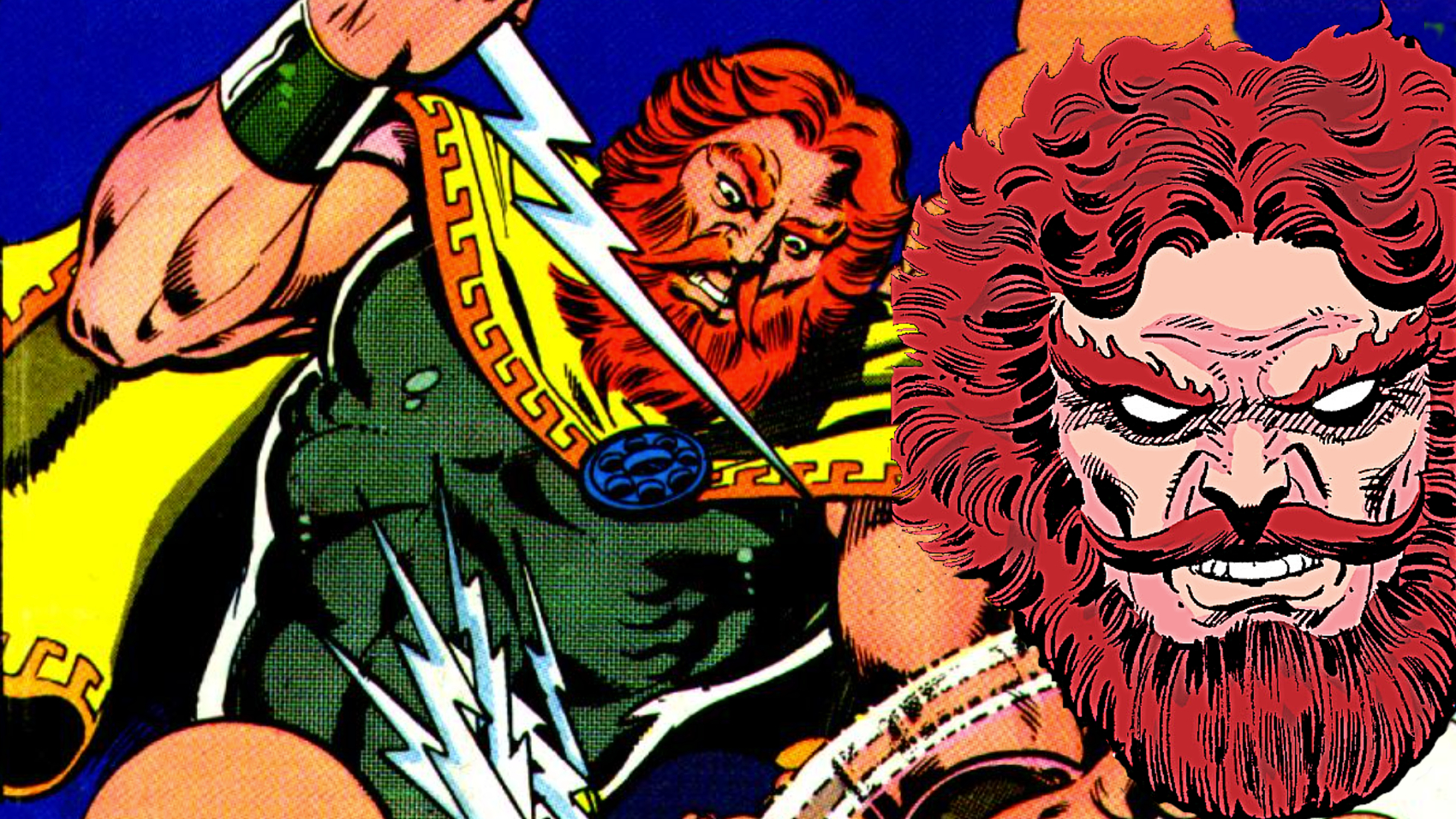Gods and demigods are an integral part of the Marvel Comics universe. Long before the advent of gamma radiation, space travel, super-soldier serums, and other technological breakthroughs that allowed humans to become superhuman, gods and demigods served as the earliest heroes and protectors of the Marvel Universe. Among the deities that inhabit this universe, few are as dominant as Zeus, the leader of the Olympian gods. In fact, aside from Odin—the head of the Asgardian gods—no other deity rivals Zeus in power and influence. Marvel has consistently emphasized Zeus’s might, portraying him since the early days of the universe as second to none among the pantheon of gods. He frequently appears in some of Marvel’s most iconic titles, including the Avengers, Thor, and The Champions.
But then, Zeus’ status diminished quite suddenly. While he remains one of the most powerful gods in the Marvel Comics universe, his roles and appearances in comic book stories have largely vanished. His disappearance from the scene is especially curious, given that he is still the leader of the Olympian gods, who continue to play an active role in the Marvel Universe. Notably, Zeus’ son Hercules is prominently featured in Steve Orlando and Cory Smith’s Avengers Assemble (2024) series. This all raises the question—what has happened to Zeus, the Sky Father?
Zeus couldn’t have had a more auspicious start in the Marvel Universe. Not only was he based on the all-powerful Greek god of the same name, but in comic book terms, he was the creation of superhero comic legends Stan Lee and Jack Kirby. With such a stellar pedigree and creative team, it’s easy to see why Zeus became such a significant presence in comics dealing with cosmic-level issues, such as conflicts with other gods like Thor, Odin, and the Asgardians, or more importantly, encounters with the Celestials.
To be sure, Zeus forged an alliance with Odin, setting aside their differences to defend the world against the alien Celestials should they ever return to Earth. Zeus was at his most impressive in Roy Thomas, Keith Pollard, and Chic Stone’s The Mighty Thor #291, where he led his Olympian forces alongside Odin against the Eternals. This event not only demonstrated Zeus’ influence among the gods of both Olympus and Asgard but also highlighted his immense power, formidable abilities, and vast combat experience. Indeed, Odin himself regarded Zeus as an equal, readily accepting his counsel.
The most obvious reason for Zeus’s diminished presence in Marvel’s forefront of god activity is simply that he has experienced long periods of inactivity. As the saying goes, “you have to be in it to win it,” and Zeus has been taken out of the action for long periods. He’s either lost his powers or has been killed multiple times within the Marvel Comic Universe. These instances include his death at the hands of the Japanese god Amatsu-Mikaboshi, followed by the capture of his spirit by Pluto. There was also his later demise against Nyx.
While he’s regained his powers or has been resurrected in each situation, his lack of viability during these periods has allowed others, such as his son Hercules, to step in and fill the power vacuum. Moreover, his eventual return to the top spot did little to diminish the influence and power that his replacements had accrued during his absence. In other words, his absence as a leader demonstrated that he is not irreplaceable. Indeed, Zeus’ son Hercules has become the de facto representative of the Olympian group.
The ongoing superhero revolution has diminished the importance of Zeus and other gods in protecting Earth from those who seek to harm it. While Zeus remains one of the most powerful beings in the Marvel Comics Universe, the rise of immensely powerful human heroes, benevolent cosmic entities like the Silver Surfer, and abstract forces such as Captain Marvel has provided alternatives to Zeus and the other gods as Earth’s defenders There’s also the rise of Asgard and the Asgardian gods as Marvel’s go-to source for divine intervention. This is especially true in the Marvel Cinematic Universe, where Thor, Loki, and Lady Sif became the “poster kids” for Marvel’s godly pantheon. As a result, public interest in the Greek gods has waned.
Finally, Zeus’ decline is further supported by the fact that he doesn’t have a dedicated title or a major ongoing role in a comic book series, movie, or cartoon, unlike Odin, who is deeply tied to the various Thor series. Nevertheless, Zeus’ absence doesn’t mean he’s been permanently sidelined. With the right story, he could easily return to prominence. In fact, Zeus has been pushed to the background many times before over his long presence in the Marvel Comics Universe —only to come back more powerful and determined than ever.
What do you think? Let us know in the comment section!
Gods and demigods are an integral part of the Marvel Comics universe. Long before the advent of gamma radiation, space travel, super-soldier serums, and other technological breakthroughs that allowed humans to become superhuman, gods and demigods served as the earliest heroes and protectors of the Marvel Universe. Among the deities that inhabit this universe, few Read More

